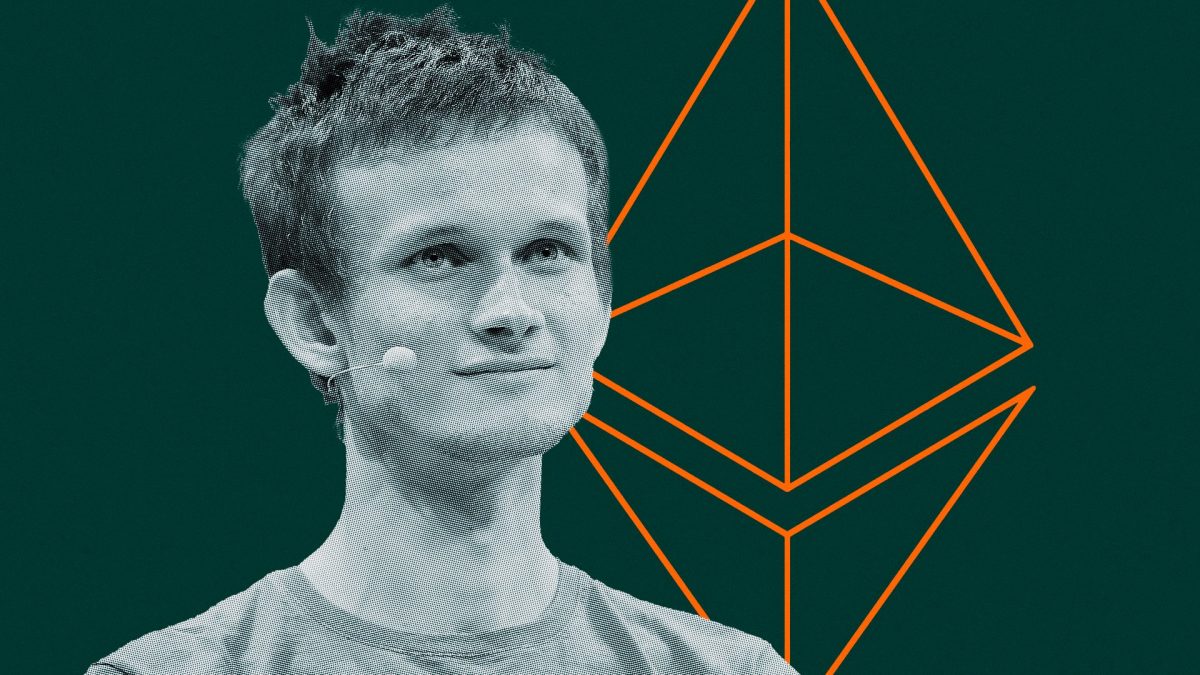Buterin Unveils Bold Vision to Transform Ethereum Layer-2 Interoperability
06.08.2024 18:00 1 min. read Alexander Stefanov
Vitalik Buterin, Ethereum’s co-founder, has unveiled his plans to improve cross-chain compatibility among Ethereum layer-2 networks, aiming to enhance the overall Ethereum ecosystem.
In a recent post, Buterin discussed strategies for addressing interoperability challenges between layer-2 solutions, building on his earlier comments about the rapid resolution of these issues. He highlighted several Ethereum Improvement Proposals (EIPs) that are critical to this effort.
One key proposal, EIP-3370, suggests a new address format for wallets and decentralized apps, using readable prefixes for different chains. Another proposal, EIP-7683, focuses on creating a standardized method for layer-2 networks to communicate and trade across various chains, aiming to simplify and improve current processes.
EIP-3668 proposes a standardized approach for Ethereum smart contracts to access off-chain data efficiently, referred to by Buterin as “layer-2 light clients,” which could lower data storage costs on-chain.
Buterin also mentioned future developments like keystore rollups and proof aggregation, which are intended to further enhance layer-2 cross-chain interactions. He expects all rollups to eventually transition to zk-rollups for Ethereum finalization, though this is projected to be several years away.
Earlier this year, VanEck projected that Ethereum’s layer-2 scaling solutions could achieve a $1 trillion market cap in the next six years.
-
1
German State-Owned Development Bank Issues €100 Million Blockchain Bond
11.07.2025 7:00 2 min. read -
2
Cardano and Ethereum Lead in Developer Activity as GitHub Commits Surge
14.07.2025 12:00 1 min. read -
3
Tether Ends Support for Five Blockchains in Infrastructure Shift
12.07.2025 11:30 2 min. read -
4
BNB Chain Upgrades and Token Delistings Reshape Binance Ecosystem
16.07.2025 22:00 2 min. read -
5
Ripple Powers UAE’s First Tokenized Real Estate Project via XRPL
16.07.2025 21:00 2 min. read
Chainlink Partners With Westpac and Imperium to Tokenize Finance in Australia
Chainlink has announced a major institutional partnership with Westpac Institutional Bank and Imperium Markets as part of Project Acacia—a joint initiative involving the Reserve Bank of Australia and the Digital Finance Cooperative Research Centre (DFCRC).
BNB Chain Upgrades and Token Delistings Reshape Binance Ecosystem
Binance continues to refine its ecosystem in 2025, with major updates spanning performance upgrades, token listings and removals, and new token launches—all reinforcing its focus on scalability and innovation.
Ripple Powers UAE’s First Tokenized Real Estate Project via XRPL
Ripple has taken a major step in expanding its institutional digital asset infrastructure in the Middle East by partnering with Ctrl Alt to support Dubai’s first government-backed real estate tokenization initiative.
Cardano and Ethereum Lead in Developer Activity as GitHub Commits Surge
Recent GitHub data reveals which blockchain ecosystems and individual projects attracted the most developer attention last week—a key signal of long-term project strength.
-
1
German State-Owned Development Bank Issues €100 Million Blockchain Bond
11.07.2025 7:00 2 min. read -
2
Cardano and Ethereum Lead in Developer Activity as GitHub Commits Surge
14.07.2025 12:00 1 min. read -
3
Tether Ends Support for Five Blockchains in Infrastructure Shift
12.07.2025 11:30 2 min. read -
4
BNB Chain Upgrades and Token Delistings Reshape Binance Ecosystem
16.07.2025 22:00 2 min. read -
5
Ripple Powers UAE’s First Tokenized Real Estate Project via XRPL
16.07.2025 21:00 2 min. read


